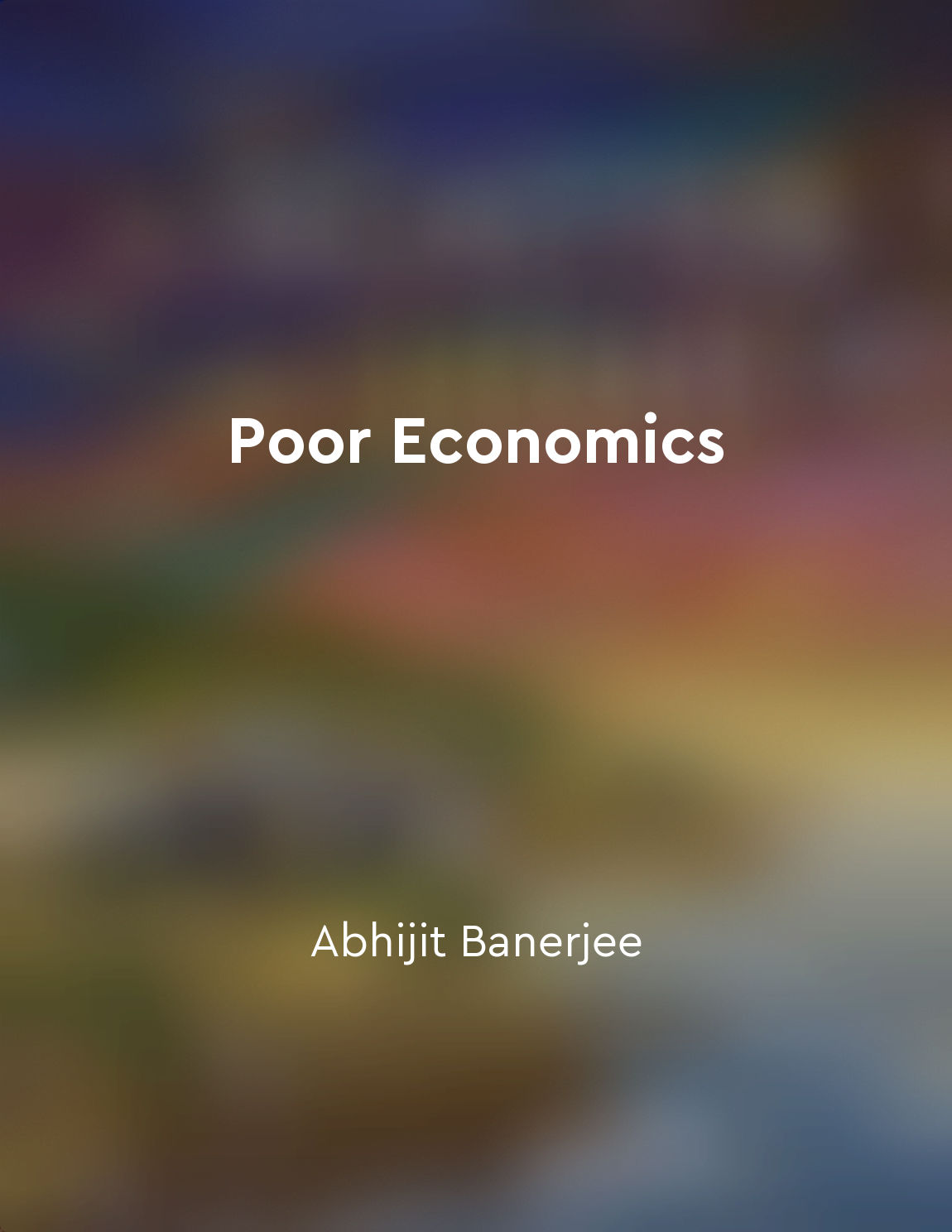Student experiences differ based on social class from "summary" of Schools and Society: A Sociological Approach to Education by Jeanne H. Ballantine,Joan Z. Spade
The social class of students can significantly shape their experiences within the educational system. Students from different social classes may face varying levels of resources and support, influencing their academic success and overall educational experience. For example, students from lower socioeconomic backgrounds may lack access to resources such as tutoring, extracurricular activities, or educational materials, putting them at a disadvantage compared to their wealthier peers. Furthermore, social class can impact students' opportunities for advanced coursework or specialized programs. Wealthier students may have access to private schools or enrichment programs that provide them with a competitive edge in college admissions. On the other hand, students from lower-income families may be limited in their choices and opportunities, affecting their academic and career trajectory. In addition, the social class of students can influence their relationships with teachers and peers. Research has shown that teachers may hold different expectations for students based on their social class, leading to disparities in educational outcomes. Students from lower socioeconomic backgrounds may face stereotypes and biases that affect their self-esteem and motivation in the classroom. Moreover, the social class of students can impact their access to support services and resources within the school system. For example, students from wealthier families may have access to mental health services, counseling, or special education support, while students from lower-income families may face barriers to accessing these resources. This can exacerbate inequalities in educational outcomes and perpetuate cycles of poverty and disadvantage.- The concept that student experiences differ based on social class is a crucial consideration in understanding the complexities of the educational system. By recognizing the role of social class in shaping students' experiences, educators and policymakers can work towards creating a more equitable and inclusive educational environment for all students, regardless of their background.
Similar Posts
Personal identity is influenced by social context
Personal identity is not something that exists in isolation; it is deeply intertwined with the social context in which an indiv...
Education can help break the cycle of poverty and inequality
Education offers a pathway to a brighter future for those trapped in the vicious cycle of poverty and inequality. Through educa...

The division of labor creates different social classes
The division of labor is a fundamental aspect of society that inevitably leads to the creation of different social classes. Thi...
Committing to ongoing selfreflection and growth
Engaging in ongoing self-reflection and growth is a fundamental aspect of Freire's Pedagogy of the Oppressed. This concept revo...

The lives of the poor are characterized by uncertainty
The poor live in a state of perpetual uncertainty. They face a multitude of risks every day, from health problems to job insecu...

Poverty is rampant
The harsh truth is that poverty is not just a minor issue in our society; it is a widespread and pervasive problem that affects...
Poverty and discrimination are global challenges
The issue of poverty and discrimination is not confined to any one country or region; rather, it is a global challenge that aff...

Life is not a race to get into the best college
In the frenzied pursuit of acceptance letters from prestigious universities, many students and parents lose sight of the bigger...
Diversity is important
Diversity, in all its forms, is essential for a thriving society. It is not just about having people from different backgrounds...
The nuclear family model is not a timeless or universal norm
The idea that the nuclear family model is an eternal and widespread norm is a deeply ingrained belief in many societies. Howeve...

